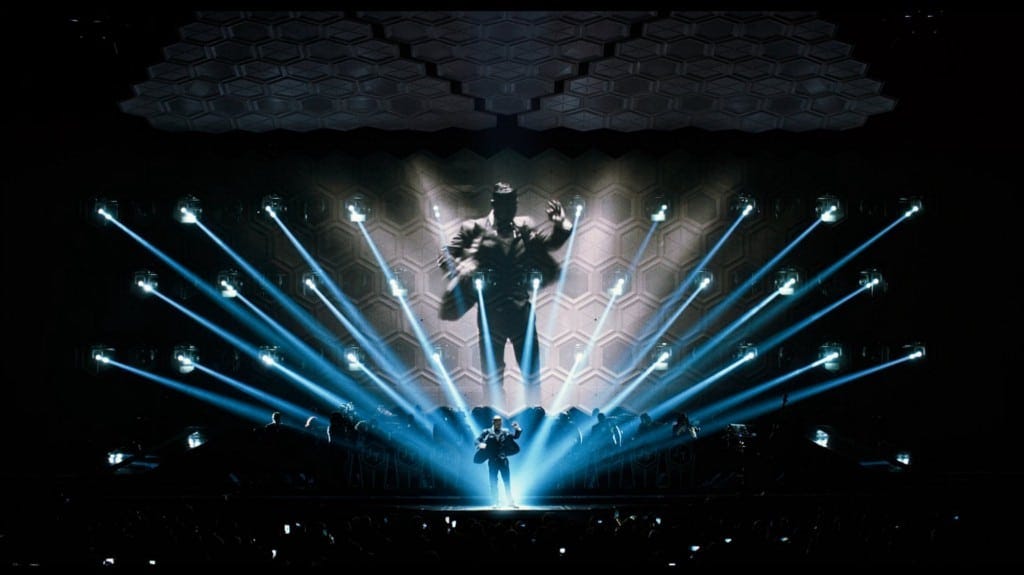The 7 Must-See Music Documentaries of 2016
We list the best concert films and musician profiles of the year.
One evening shortly after the election, I climbed into bed and searched in vain for something to watch and end the evening with. The heaviness, dread, and confusion that followed November 8th had naturally extended to popular culture. Entertainment for it’s own sake suddenly seemed irrespo…
Keep reading with a 7-day free trial
Subscribe to Nonfics to keep reading this post and get 7 days of free access to the full post archives.




